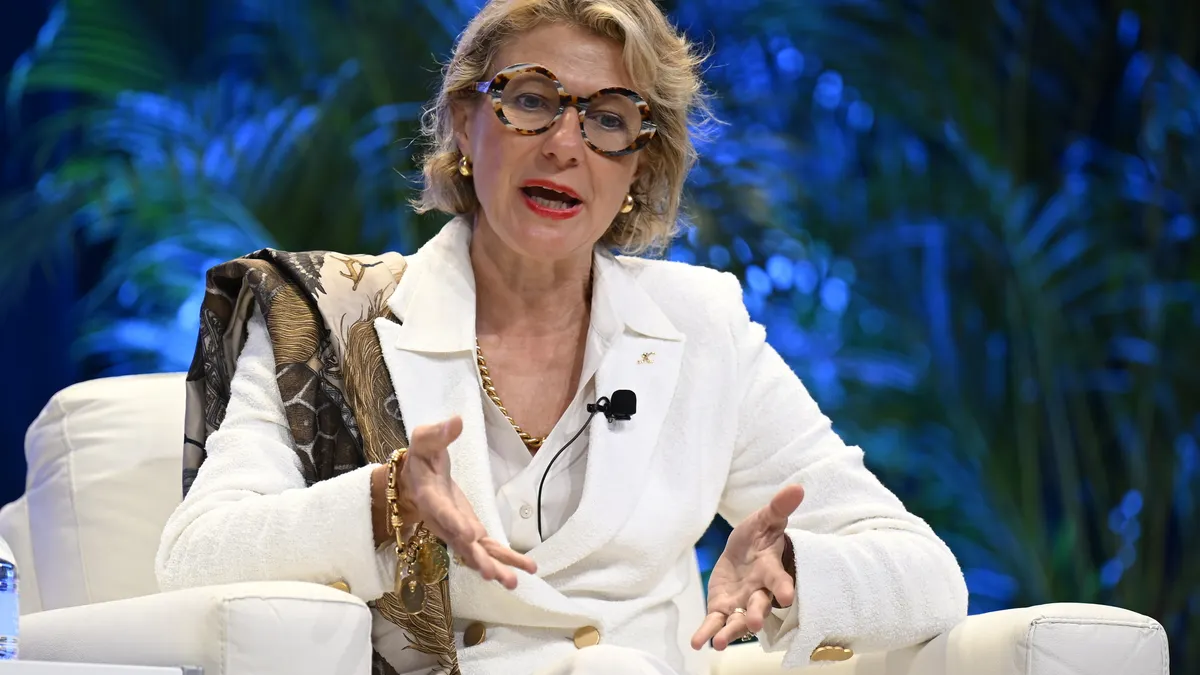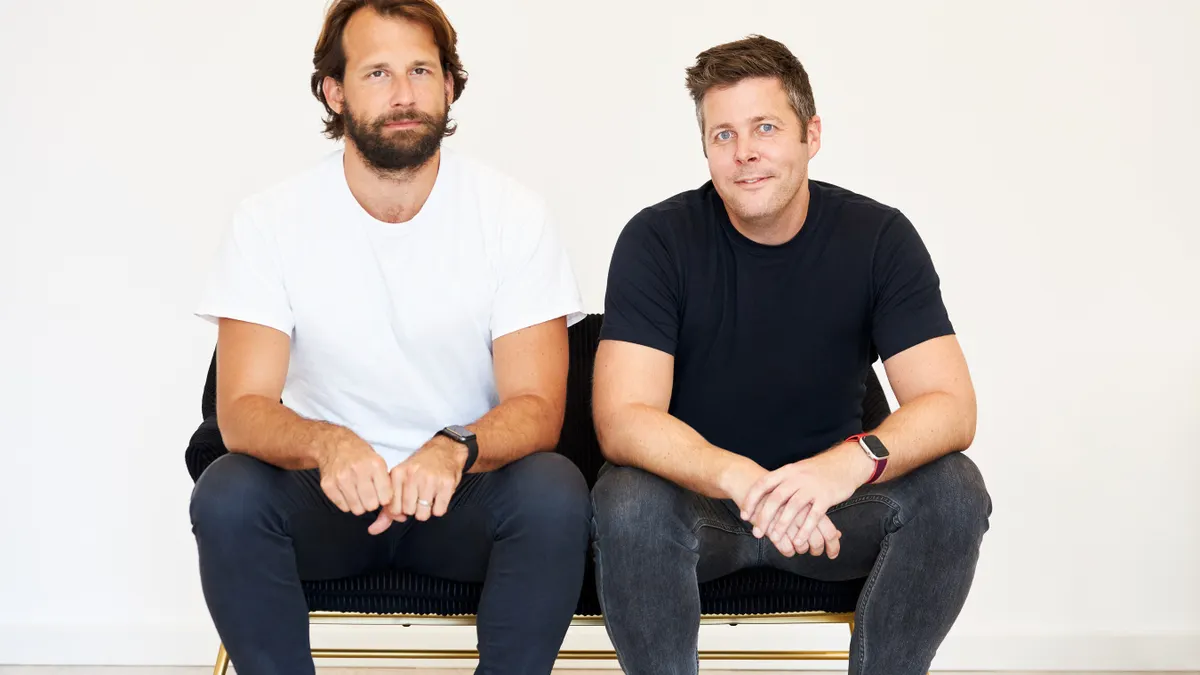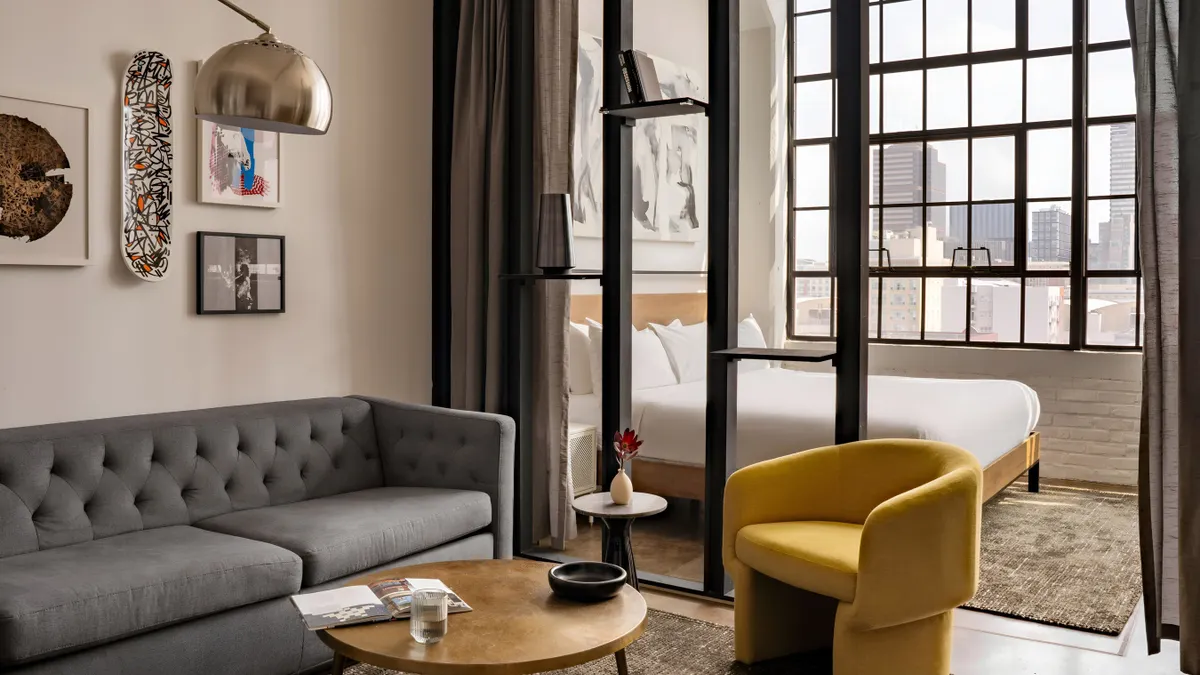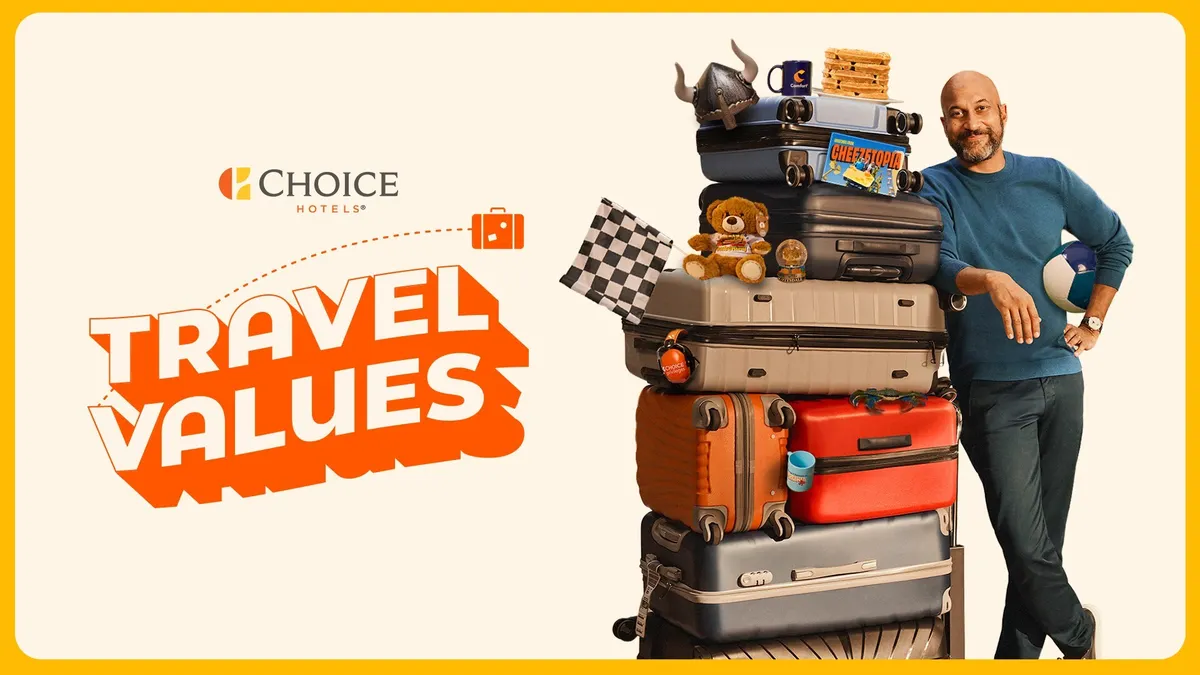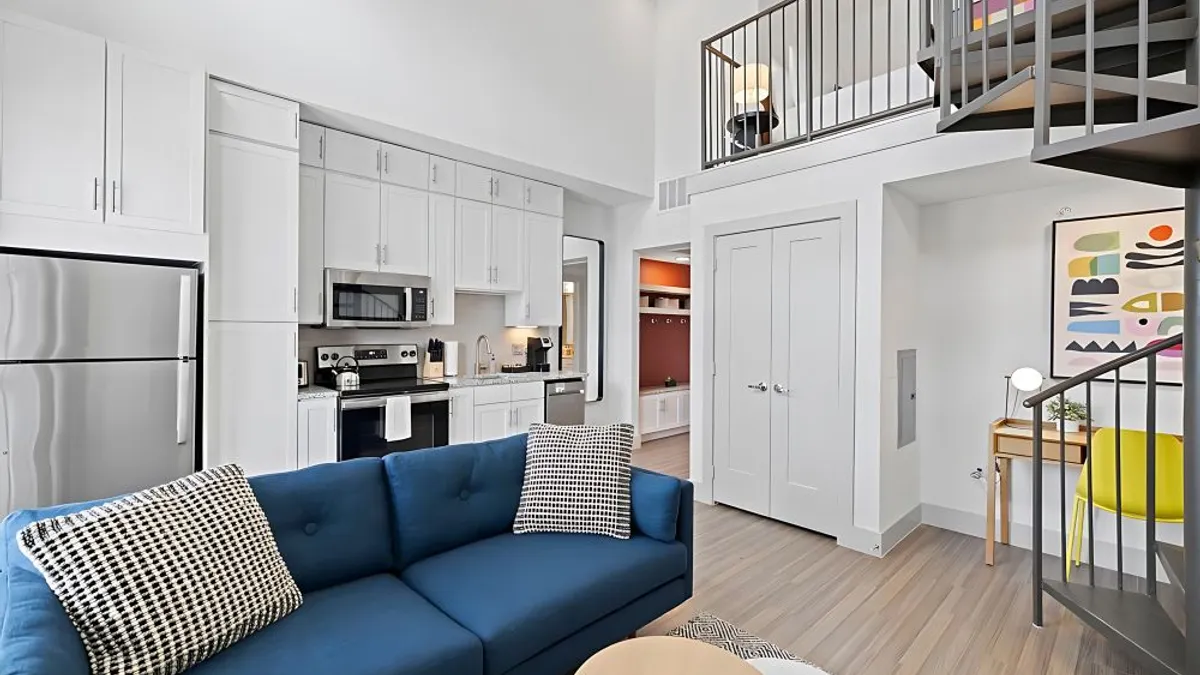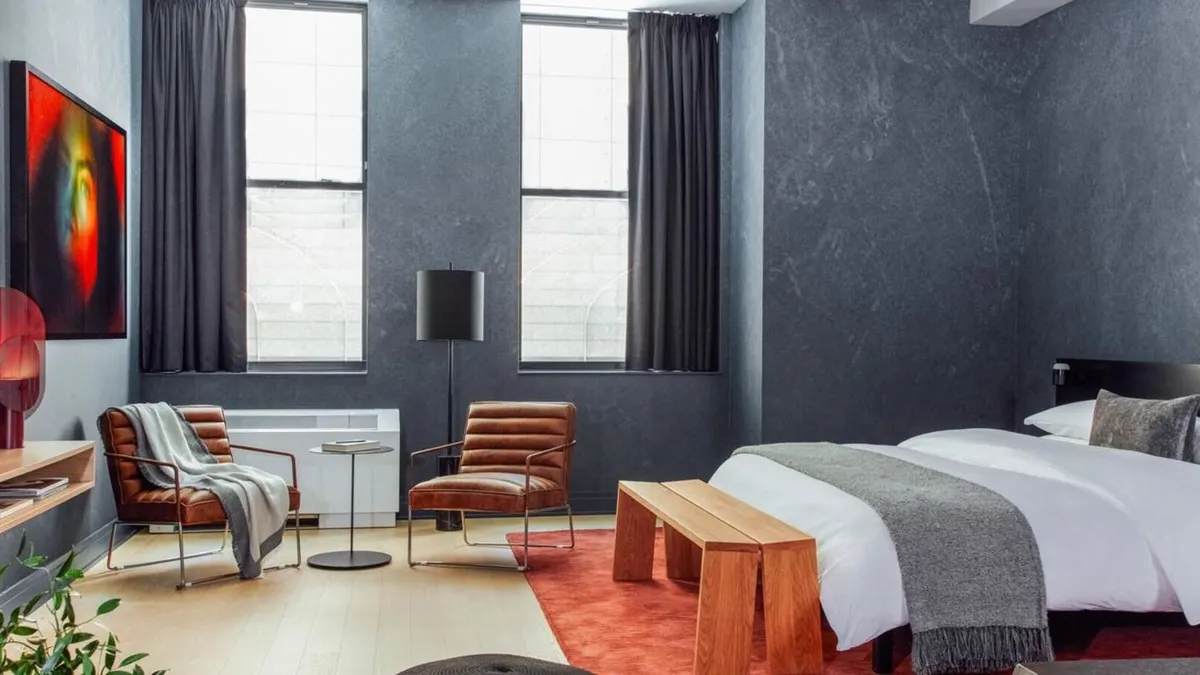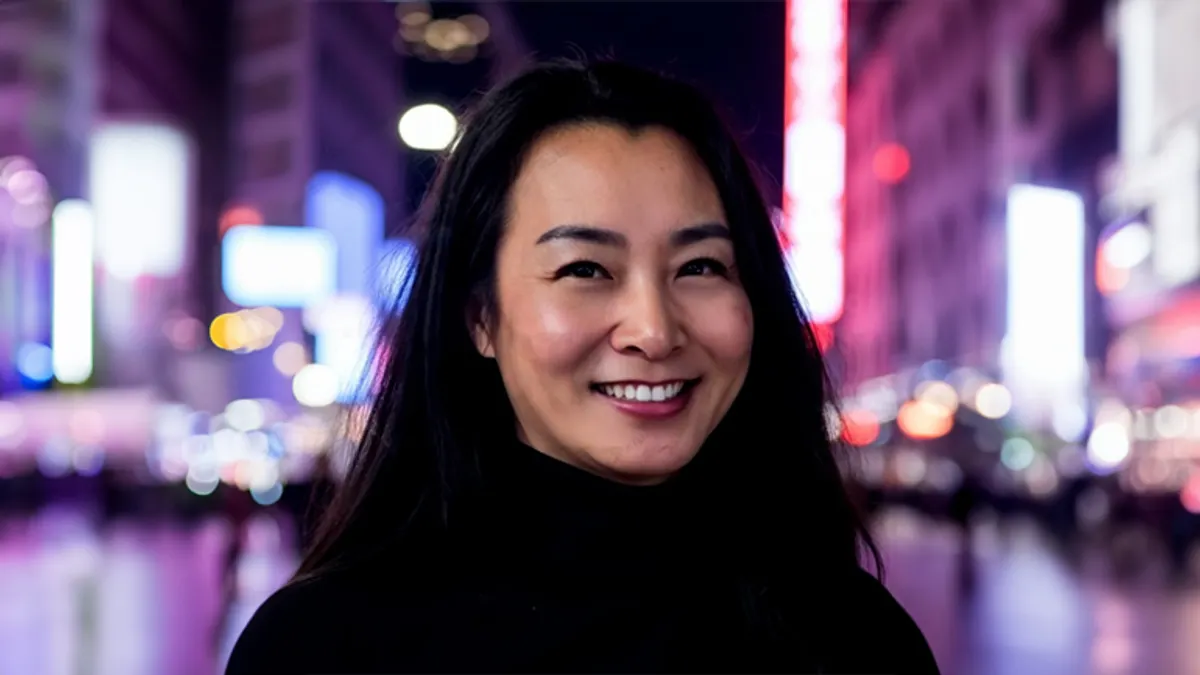At the NYU International Hospitality Investment Forum in New York City this week, the names of hotel brands were everywhere — but they weren't instantly recognizable to everyone at the event.
“It seems like everybody's launching a new hotel brand every day, and this is, I think, not going to work,” said Barbara Muckermann, CEO of Europe’s Kempinski Group, onstage during a panel on examining the value of brands. “If I'm confused and I'm actually paid to understand the market, imagine a consumer.”
Both Marriott International and Hyatt Hotels, for instance, launched new brands just last month.
While further hotel brand introductions might seem like overkill to some, hotel executives speaking at the event agreed that brands, when operated well, drive significant value — even if their brand strategies are as diverse as the brands themselves.
Over two panels — one a CEO roundtable and the other a conversation about brand acquisitions — hotel leaders shared strategies and predictions for the role brands play in the future of hospitality. The following are top takeaways from the experts, who discussed recent mergers, guest loyalty, expansion plans and more.
View from the top
According to Margaritaville CEO John Cohlan, “the core role of brands is to deliver on the emotional expectation that people have about an experience.”
That comes with work, though — and perhaps even more work for successful brands, he noted.
“The good news is you have a brand that resonates with people. The bad news is you have a brand that resonates with people, because people have an expectation. The hardest part is to continue to meet that expectation,” Cohlan said in a CEO roundtable Tuesday morning dubbed “CEOs in Conversation: Examining the value of brands in the success of a hospitality property.”
Meeting that expectation drives more than guest satisfaction, however; it deepens guest loyalty, ultimately contributing to the bottom line, according to Greg Juceam, president and CEO of Extended Stay America.
“Strong brands have OTA contributions in the mid teens [percentages], because the brand drives the business,” Juceam added. And those loyal guests not only stay more often, but they also “stay longer and they spend a lot more money,” according to John Murray, president and CEO of Sonesta Hotels.
“A loyalty program is about data,” said Larry Cuculic, president and CEO of BWH Hotels. “It's about having the information about your consumer so that you can personalize travel in the future, so you can market to them wisely, so you know where they stay, historically, and you can contact them.”
“The whole idea of a brand is that people want to come and engage with you directly,” said Cohlan, pointing to the fact that strong loyalty can be a way to sidestep OTAs.
That loyalty, though, is harder to attract without firm, thoughtful brand standards. “It’s about making sure that we've tested everything that we put in [to the brand],” Juceam said. “It's about making sure that brand standards are really creating value.”
Kempinski Group’s Muckermann also emphasized the importance of deeply considering a brand’s standards and identity.
“You need to know what you stand for, otherwise you're not the brand,” she said. “And particularly when we look at the luxury end of the spectrum, it is really the brand that will make the difference between the functional benefits and the emotional benefits [of a hotel stay]. And at the end of the day, that will increase the [customer’s] willingness to pay because it increases the [brand’s] differentiation.”
Deeply considering these standards essentially makes a return on investment case, she added, justifying “the hundreds of millions of dollars that you need every year to be able to have your brand out there as one of the leading brands.”
Brand deal appeal
In a Monday afternoon panel — “Transacting brands: Unpacking the dynamics behind the sale and integration of hotel brands” — Amar Lalvani spoke about why Standard International welcomed its multimillion-dollar acquisition by Hyatt Hotels last year.
Now president and creative director of Hyatt’s Lifestyle Group, Lalvani said, “[The Standard] started opening in places like Bangkok and Melbourne and the U.K. and Maldives. We built beautiful hotels, but you need the engine to make them really successful.”
As the brand scaled, “I would say we outgrew our infrastructure.”
Lalvani and Hyatt agreed that the team behind The Standard’s brand should stay on — hence the newly created Lifestyle Group. “My request was that we keep our whole team together, which we did,” he said. When asked if it would have been a dealbreaker if Hyatt had insisted on taking over the brand entirely, Lalvani said yes.
Hyatt’s Lifestyle Group opened its inaugural property, Andaz Miami Beach, in Florida last month.
Mike Hollman, Hilton’s senior vice president, treasurer and head of strategic finance, pointed to a similar strategy at play when his company acquired the Graduate Hotels brand for $210 million last year.
“As part of the transaction, a number of the [previous Graduate Hotels owner] AJ Capital and Graduate leadership came over,” Hollman said. Former Graduate Hotels President Kevin Osterhaus joined Hilton as president of global lifestyle brands, where he’s now tasked with overseeing the company’s ambitious plans for growth in the segment.
“It's a collaborative effort. One beauty of having that expertise join Hilton is understanding the history, the learnings and what they originally created,” Hollman added. “And how do you bring that into our ecosystem and keep it unique, keep it special, but also allow it to grow?”
Hollman noted that Hilton is actively looking at bringing the Graduate brand to other markets.
Meanwhile, G6 Hospitality Chairperson Ritesh Agarwal, the founder of India’s OYO Rooms, shared plans for the company’s brands. OYO completed its $525 million acquisition of G6 Hospitality — the owner of the Motel 6 and Studio 6 brands — in December.
“We will keep these as three different brands, between OYO, Motel 6 and Studio 6, with different propositions,” he shared. The extended stay Studio 6 brand, in particular, “is going to be a big focus of growth.”
Meanwhile, OYO will take a soft brand approach, allowing smaller, 50- to 100-key properties to join its platform. That platform is currently undergoing improvements, with Agarwal noting that OYO is “doubling down” on the brands’ websites. Recently, the company launched a new mobile app.
“We believe in today's world, there is no business which is not a technology business,” Agarwal said.


